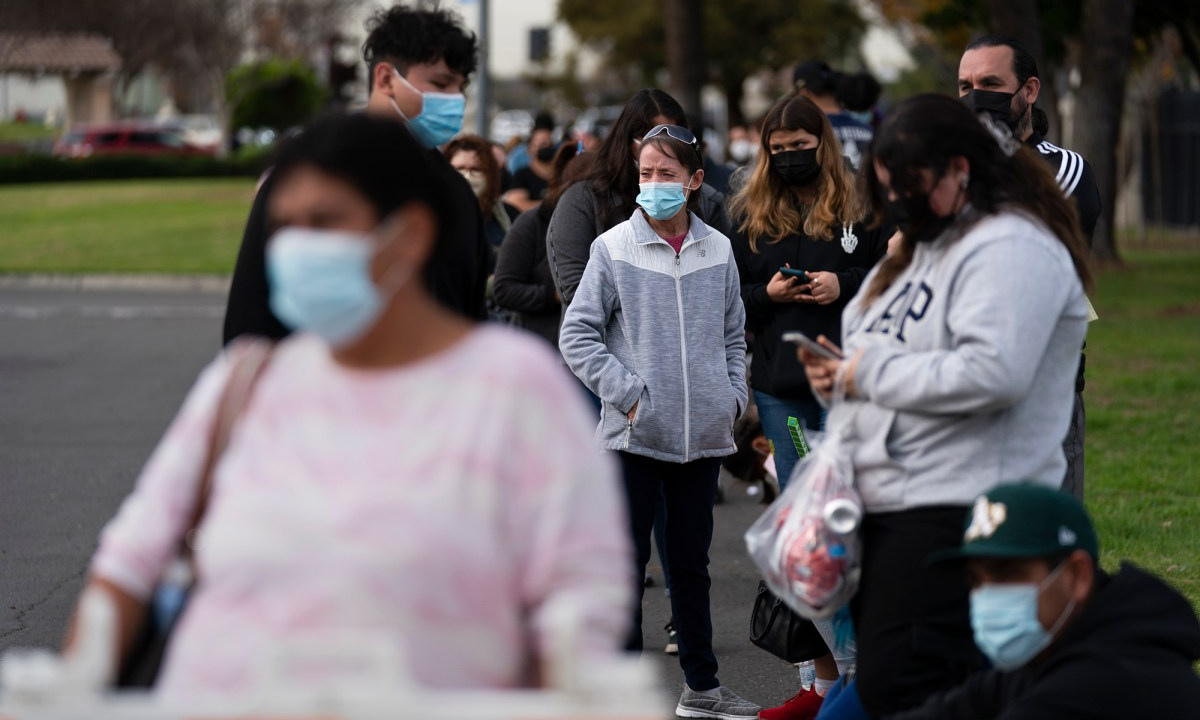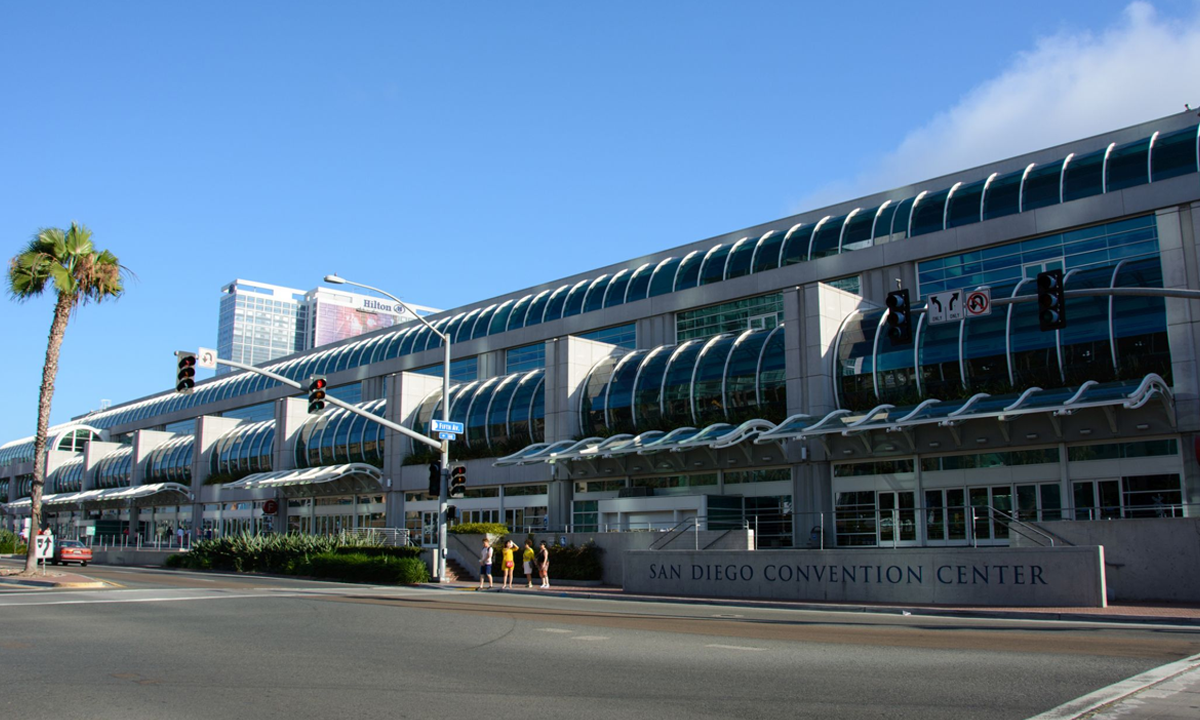Written by Bobbie Wylie
On Tuesday, Governor Gavin Newsom reached a deal with state lawmakers to require employers to provide employees with up to two weeks of paid COVID-19 sick leave to recover from the virus or care for a family member with COVID-19. This agreement comes amid widespread concerns regarding the Omicron variant and its effect on employees.
Lawmakers are likely to expedite this legislation to the governor in the coming weeks and will apply to businesses with 26 or more employees. Similar legislation from last year had provided 80 hours of supplemental paid sick leave expired September 30.
The proposal would require employers to provide up to 40 hours of flexible paid leave to full-time workers who are sick with COVID-19, caring for a family member or getting or recovering from a COVID-19 vaccination. The proposal requires proof of a positive COVID-19 test to qualify for an additional 40 hours of paid time off. Part-time workers would be eligible for sick leave equal to the number of hours they typically work in a week or twice that amount with a positive test.
This legislation will require companies across the state to absorb the costs of the additional paid leave for employees. The agreement does include separate proposals to restore tax credits that had been suspended and capped two years ago when concerns arose of economic collapse in California.
In a statement, Governor Newsom, Senate Pro Tem Toni Atkins (D-San Diego), and Assembly Speaker Anthony Rendon (D-Lakewood) said, “By extending sick leave to frontline workers with COVID and providing support for California businesses, we can help protect the health of our workforce, while also ensuring that businesses and our economy are able to thrive.”
Concerns have arisen regarding the cost of the proposal to businesses. Rob Lapsley, president of the California Business Roundtable said, “Businesses have invested hundreds of millions of dollars to keep employees and customers safe through the pandemic,” continuing that “we still need to see the details for this new sick leave policy, the reality is that this is yet another expense paid for by the business community, which is struggling to recover from the recession. This new and expensive mandate is on top of existing COVID exclusion pay, increased testing and increased masking — all paid for by employers without any existing support from the state.”
Photo Cred: Jae C. Hong, AP Photo




